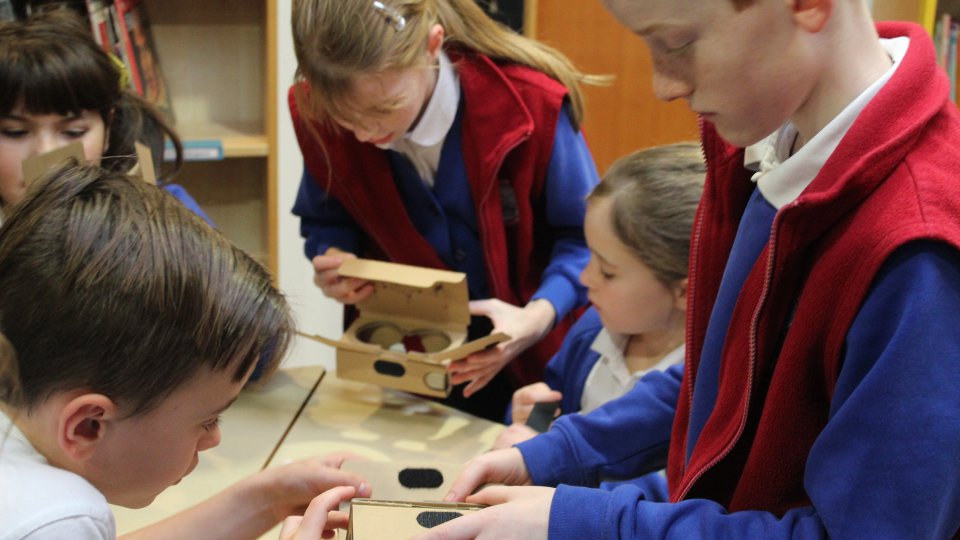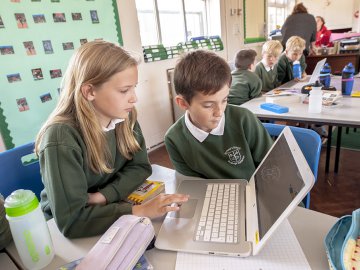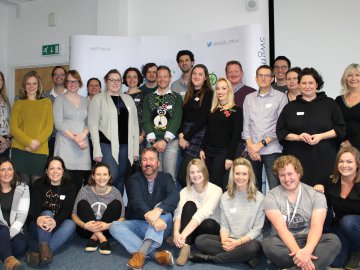2018 saw SWGfL continue to extend its reach across both the UK and the globe, influencing positive change amongst young people, the children’s workforce, the general public and governments. We have travelled around the UK and beyond delivering training and talks as far as Abu Dhabi, New Zealand and South Korea, sharing best practice and and spreading awareness of online safety matters affecting both children and adults across the world.
Professionals Online Safety Helpline
The Professionals Online Safety Helpline, delivered as part of our work in the UK Safer Internet Centre, is dedicated to serving the children’s workforce with online safeguarding issues. Last year the line handled 931 cases involving 2,269 contacts, with the case-contact ratio reflecting the increasing complexity of calls managed by our helpline practitioners.
Callers to the Helpline represent the broad range of professions that come into contact with young people in their course of work. The professionals most likely to call the Helpline are teachers, making up 49% of cases. The next most likely group of people to call, at 16% of calls handled, includes volunteers, sports club leaders, early years’ practitioners and other charitable organisations.
The most common issues the Helpline is contacted for assistance with are:
25% - Online reputation of schools, professionals or children
16% - Harmful content online
11% - Media literacy and education including dealing with issues such as fake news
When the Helpline deals with online content, 67% is on social media sites, 15% on other websites and 5.5% within online games. 34% of content dealt with by the Helpline in 2018 was escalated to industry partners for review or removal.
Training and Events
Each year we travel across the UK to deliver online safety sessions to pupils, parents and professionals who work with young people. In 2018 we reached over 11,000 delegates at 167 sessions. Our sessions continue to be a valuable method for disseminating best online safety practice. 96% of Online Safety Live attendees told us they would share the knowledge gained from sessions with their colleagues, and 98% told us they feel better equipped to protect children following our briefings.
In 2019 we will be broadening the coverage of our Online Safety Live sessions to include a segment on tackling online hate speech with SELMA, a two-year project co-funded by the European Commission which aims to tackle online hate speech by promoting mutual awareness, tolerance and respect.
Intimate Image Abuse
The Revenge Porn Helpline is the UK’s only dedicated helpline for victims of intimate image abuse. Its practitioners work tirelessly to offer confidential advice and support to victims, while working with industry partners to remove images and video from the internet.
Calls to the Revenge Porn Helpline for 2018 have reflected the increasing visibility of the service and the Helpline is continuing to see an increase in contacts and cases year on year. Last year, Helpline practitioners handled 1,302 cases making 4,780 contacts with callers.
In 2018, the Helpline removed 84% of intimate images and videos reported by callers. Images and videos are reported individually to platforms with just under 20,000 images reported in 2018 and 17,000 of those removed. This reflects the enormous amount of effort and dedication by the team.
There has been a surge in cases of ‘sextortion’ or ‘webcam blackmail’. 73% of victims are male. Spam ‘sextortion’ emails have been recently circulating, contributing to a rise in callers. Female callers made up the majority of practitioner caseloads at 60%; however, in 2018 30% of callers were male, representing a year on year increase.
In 2018 the Helpline extended its reach by promoting its services across the internet. Participation of the Helpline in the world-wide campaign, 16 Days of Activism against Gender-based Violence Campaign, saw opinion pieces and educational articles on intimate image abuses made visible to hundreds of thousands of internet users.
The year ahead
In December last year the UK Safer Internet Centre received welcome confirmation of continued funding from the EU Connecting Europe Facility until December 2020. This allows the work of SWGfl and our partners within the UK Safer Internet Centre – Childnet International and the Internet Watch Foundation – to continue the vital work it does to make the internet a safer place for children and young people.
SWGfL will continue to support the children's workforce with expert advice, tools and training. We will continue to develop new and innovative resources to allow the people that work with children to best protect, prepare and educate thim in this increasingly connected world.






